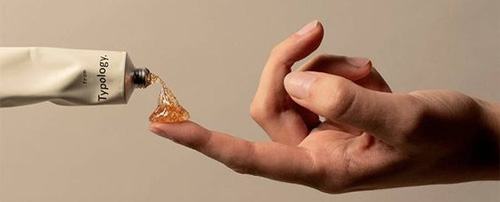Menstrual hygiene is crucial for all women, as menstruation is a vital process that demands proper care. Unfortunately, women often overlook this, leading to increased discomfort and pain. Always Use Sanitary Napkins, Tampons, or Menstrual Cups Avoid using cloth or cotton during your periods, as they can cause infections. Instead, opt for sanitary pads, tampons, or menstrual cups.
Regularly Change Sanitary Pads or Tampons
Maintaining cleanliness is essential for menstrual hygiene. Ensure you change your sanitary napkins every 4-6 hours. Prolonged use of the same pad can lead to irritation, infection, or even UTIs. To avoid these issues, it’s important to change regularly.
A Thorough Wash Is Essential
If possible, take a shower twice a day and thoroughly wash the vaginal area. Use plenty of water to cleanse the area, removing harmful bacteria and organisms.
Avoid Using Vaginal Washes or Soap
Avoid using vaginal washes, natural intimate washes, or soaps during your period, as they can cause infections. The vagina can clean itself effectively during menstruation with just water, so there is no need for additional hygiene products.
Wear Clean Undergarments and Clothes
Always use clean undergarments to prevent infections. If possible, change them at least twice a day to stay fresh and comfortable.
Dispose of sanitary products properly
A crucial aspect of menstrual hygiene is to dispose of sanitary napkins or tampons properly. Avoid flushing them, as they can clog sewage pipes and drains. Always wrap them securely and dispose of them in the designated bin to prevent the spread of harmful bacteria. Remember to wash your hands thoroughly after disposal.
Maintain a Healthy Diet
Maintain a balanced and nutritious diet, especially during your menstrual cycle. Stay well-hydrated by drinking at least 4-6 liters of water daily.
Raising awareness about menstrual hygiene is essential to empower women and girls to lead healthy, infection-free lives, especially during menstruation. Self-care is crucial during periods and beyond.


